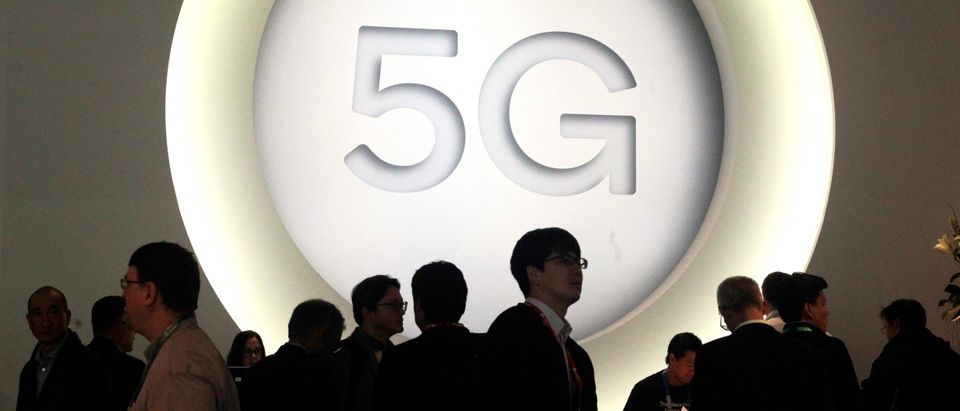The STREAMLINE Small Cell Deployment Act (S. 3157) will help clear the pathway to America’s implementation of fifth generation (5G) wireless broadband networks and applications. America has the talent and investment funds to rollout 5G, but so do China, Japan and South Korea.
There is urgency in America’s 5G rollout because the nation that achieves substantial early implementation will have a natural advantage in developing 5G equipment and applications that will set the pace for the rest of the world.
The STREAMLINE Act identifies areas of local government collaboration that will not reduce local authority, but which will provide the technical adjustments needed to speed 5G rollout.
Why is the Act important?
The American Consumer Institute’s “Lost Economy” study estimates that deployment of 5G networks in the United States will generate $533 billion in U.S. gross domestic product and $1.2 trillion in consumer benefits. The payoff from 5G to American consumers and workers will be substantial, and it will rekindle the United States’ lead in communications technology.
The wireless industry is ready to invest $275 billion dollars in 5G networks, generating 3 million new jobs. Moreover, consumers are demanding high-speed wireless broadband services, along with all of the applications and innovations that those services will bring.
However, if we dawdle or allow ourselves to become mired in red tape, we will concede 5G leadership and the economic benefits to other nations who will be able to specify the technology designs and prices that we will be forced to accept. It will be progress denied.
Along with being much faster and having significantly lower latency than today’s fourth generation (4G) technology, 5G is different in terms of requiring many more antennas to achieve blanket coverage. These antennas are much smaller in size and are typically mounted on the side of buildings, streetlights and telephone poles, rather than the large prominent towers typically required for today’s 4G wireless services.
These smaller 5G antennas will fit in a backpack and usually takes about 1 hour to install. After installed, these 5G antennas will be linked together to the internet, to video, and to voice communications by existing high capacity fiber optics.
The STREAMLINE Act helps expedite the placement of these 5G antennas and associated infrastructure by setting forth orderly procedures for local government approvals. Today, the elapsed time in the local permitting process for a 5G cell has been a major impediment in the U.S. with too many unresolved permit applications after many months and even years.
The STREAMLINE Act would confine the local permitting process in the U.S. to not more than 90 days – a generous allocation for a simple task. If the local government cannot approve, deny or otherwise act on an infrastructure siting application in 90 days the STREAMLINE Act deems the application to be accepted.
Shortening the length of time to get 5G permits approved is absolutely urgent, given the need to accelerate the buildout and deploy high-speed wireless broadband services to consumers. In contrast, typical 5G cell permitting takes only a couple of weeks for approval in China, our prime technology competitor.
The STREAMLINE Act prevents unfair or overly broad restrictions from acting as barriers to the 5G and other broadband deployment the nation needs. The STREAMLINE Act affirms local government’s right to charge for access to public property with rates that are fair and reasonable, that are competitively and technologically neutral, and that are based on actual costs, publicly disclosed. This will help keep consumer costs low.
The rollout of 5G wireless holds major potential benefits for all American communities. The STREAMLINE Act helps secure and expedite those benefits by preventing unnecessary delays that could undermine the full promise of America’s effort to roll out 5G.
Promoting broadband investment and deploying these services to consumers should be a major goal for Congress, and the STREAMLINE Act can achieve that goal.
Alan Daley and Steve Pociask write for the American Consumer Institute, a nonprofit educational and research organization. Follow us on Twitter. Steve Pociask is a member of the FCC’s Consumer Advisory Committee, but the views expressed here are ACI’s alone
The views and opinions expressed in this commentary are those of the author and do not reflect the official position of The Daily Caller.


